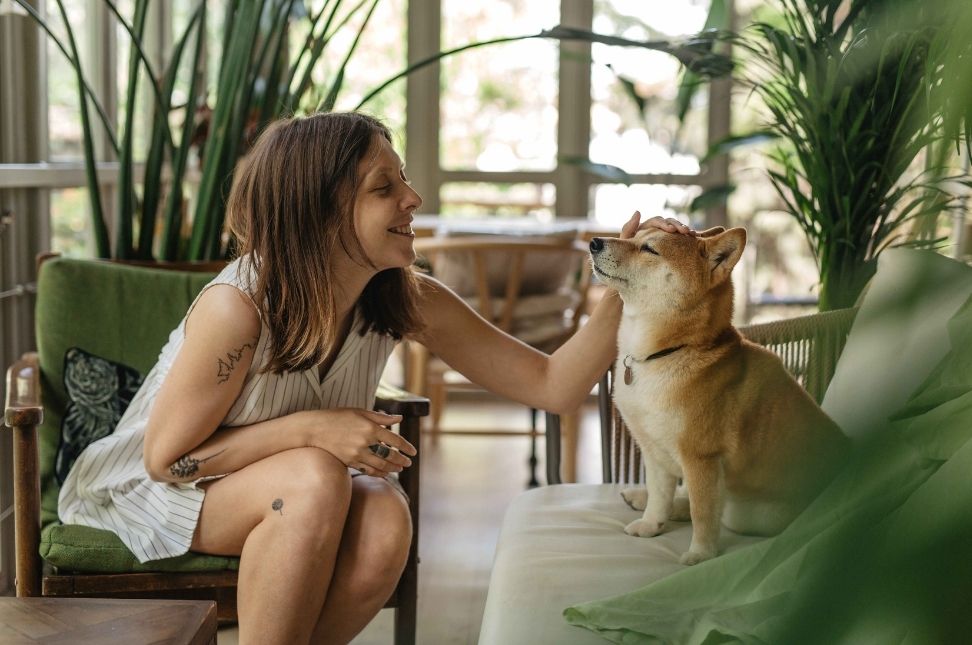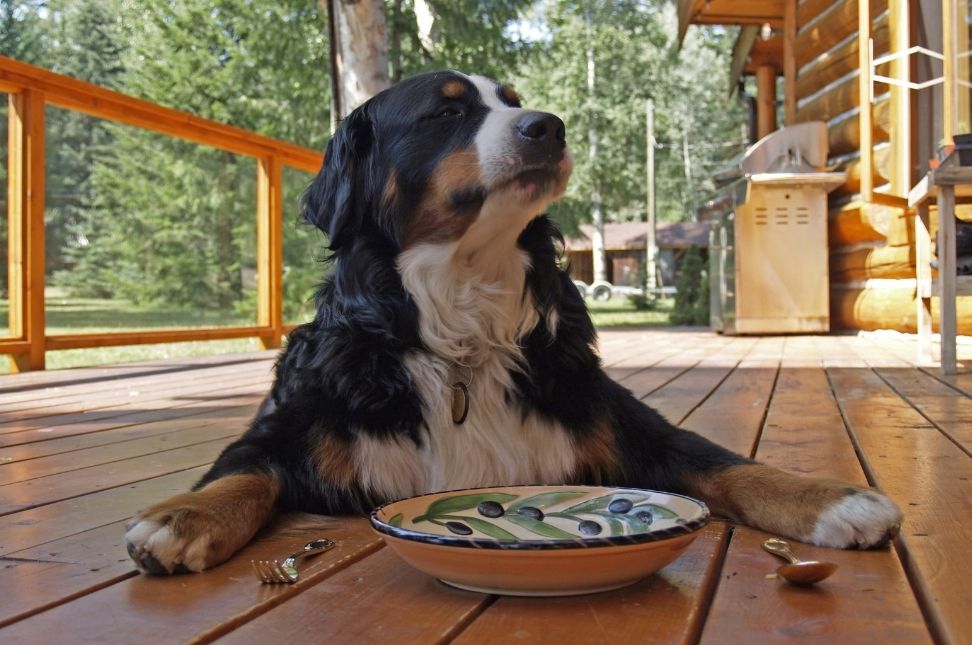Vaccinating your pet is one of the most fundamental and responsible aspects of pet ownership. Pet vaccinations protect your furry friends from potentially deadly diseases, prevent the spread of diseases to other animals, and often safeguard human health as well. In this article, we’ll explore the significance of regular vaccinations for pets.
1. Disease Prevention:
The primary purpose of pet vaccinations is to prevent various diseases. For dogs, common vaccines include those for distemper, parvovirus, and rabies. For cats, vaccines target diseases like feline leukemia, calicivirus, and rabies. These vaccines help fortify your pet’s immune system, making them less susceptible to these illnesses.
2. Herd Immunity:
Vaccination doesn’t just protect individual pets; it contributes to herd immunity. This means that when a significant portion of the pet population is immunized, the disease’s spread is limited. This helps protect pets that cannot be vaccinated due to age, illness, or allergies.
3. Public Health:
Certain pet diseases, like rabies, can be transmitted to humans. Vaccinating your pets against these diseases also reduces the risk to your family and the community.
4. Cost-Effective:
Vaccinations are generally more cost-effective than treating a pet who has contracted a preventable disease. Treating diseases can be expensive, time-consuming, and emotionally challenging.
5. Prolonged Life:
Vaccinations can significantly increase your pet’s lifespan by protecting them from fatal diseases. By keeping your pet healthy, you can enjoy their companionship for years to come.
6. Legal Requirements:
In many regions, there are legal requirements for certain vaccinations, such as rabies vaccinations for dogs. Complying with these laws is not only essential for your pet’s health but also to avoid legal penalties.
7. Preventing Disease Spread:
Vaccinated pets are less likely to carry and transmit diseases. This not only protects your pet but also safeguards other animals in the community.
8. Tailored Vaccination Schedules:
Veterinarians create vaccination schedules tailored to your pet’s specific needs based on their age, lifestyle, and exposure risks. This ensures that your pet gets the right vaccines at the right time.
9. Reducing Health Risks:
Unvaccinated pets are at a higher risk of contracting diseases when they come into contact with other animals. Vaccination minimizes these risks, especially for pets that frequently socialize with other animals.
10. Peace of Mind:
Knowing that your pet is protected against preventable diseases provides peace of mind. You can enjoy your pet’s company without worrying about their health.
Conclusion:
The importance of regular vaccinations for pets cannot be overstated. Vaccinations are essential for disease prevention, public health, and your pet’s well-being. Consult with your veterinarian to establish an appropriate vaccination schedule for your pet and ensure that they receive the necessary immunizations to lead a long, healthy life.




